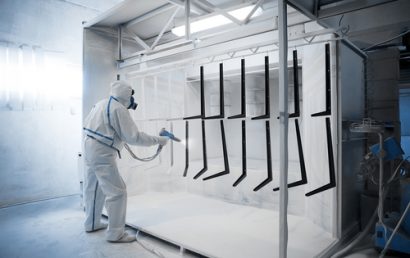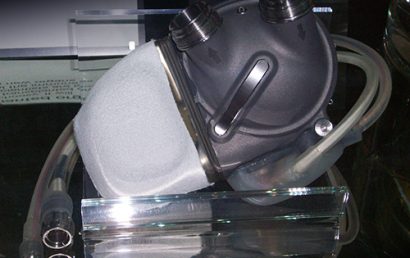What You Need To Know about Glass Coating Tech
Industries served by companies that provide glass coating are the electronics, health, food and chemical processing, manufacturing, transportation, energy, and construction industries. Truth the told, there are probably additional applications. More specific uses for glass coatings are architectural systems, greenhouses, solar panels, and others. Maybe you’ve never heard of glass coating tech. In that case, the following could be helpful. Read on to find out more about the technology surrounding today’s glass coatings.
Why Is Glass Coated?
There is a vast array of reasons for coating glass. Here are a few:
- Used as glass surface modifiers to change the surface characteristics of the glass.
- Used as thermal barriers and solar filters. Without changing the composition of the glass itself, it is used to improve thermal and solar performance of float glass.
- Used as optical filters to meet precise needs of the spectrum’s visible portion (380 to 780 nm).
The main principle of glass coating involves thin-film optics. The desired reflection color and heat reflection function can both be achieved by adjustments in the thickness of the film. The interference effect of the film in the visible spectrum is utilized when using the infrared reflection performance of certain film material.
How Are Glass Coatings Applied?
There are a variety of colors where glass coatings are concerned. They can include brown, green, blue, gold, and gray. To a glass surface, glass coatings are applied in the following manners:
- Using a plasma exchange method.
- A method such as a plating method (electroless) or a vacuum method.
Glass Coating Production
Presently, the international and domestic methods for large area coated glass commercialization are on-line spraying thermal decomposition coating and vacuum cathode magnetron sputtering coating. Generally speaking, the glass coating production process can include the following:
- Coating involving vacuum cathode magnetron sputtering
- Coating involving on-line spray thermal decomposition
- Slo-gel coating
- Vacuum evaporation
Glass Coating’s Durability
There is no specific answer to “How long does glass coating last?” Very generally speaking, depending upon man-made and natural conditions, the coatings can last as long as two years or as little as six months. This is according to both manufacturers and users.
As of a few years ago, the practice of glass coating cars was found to completely eliminate the need for waxing. It did, of course, come along with both pros and cons.
Ceramic Coating Versus Glass Coating
Since we are on the topic of glass coating being used on cars, let’s take a look at how ceramic coatings did against glass coatings where this application is concerned. To protect a car’s paint against spills, dust, scratches, and weather, one great option is ceramic coating. It’s said to last approximately 4 to 6 months and is more durable and offers stronger protection than wax. If you don’t mind waiting around for a longer coating process, and you want more durability than ceramic coatings offer, a glass coating is the way to go.
A&A Coatings has, available to all industries, numerous spray coatings applied through various application methods. Our coatings can be used for wear resistance, heat resistance, resistance to electrical charges, erosion protection, to rebuild parts, to apply safety surfacing, and much more. But our services are not limited to protective coatings! We also offer lapping and machining capabilities as well as grinding to give you service that is unbeatable. With over 70 years of experience, we know exactly how to tailor our coatings to meet your needs. In almost every industry imaginable, our thermal spray coatings are helping companies achieve a better bottom line by decreasing downtimes and reducing parts and maintenance costs. Contact one of our experts today to find out how A&A Coatings can be of assistance to you.



